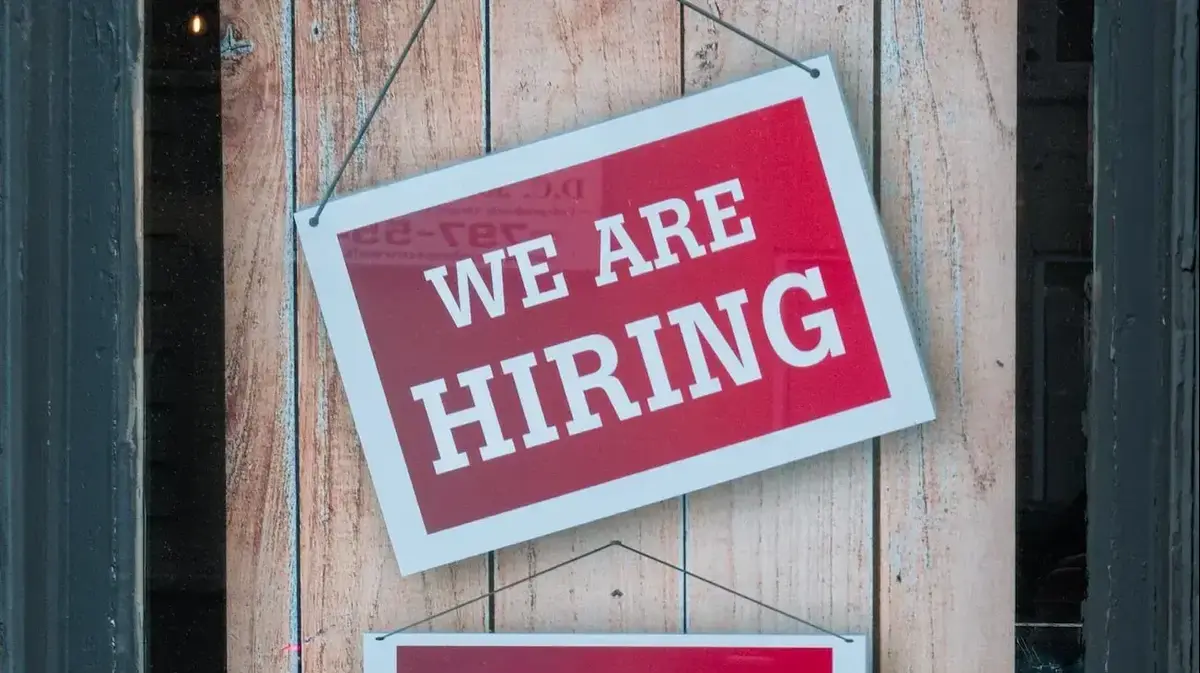Just over a year ago, in January 2022, Domestika became a unicorn: a company valued at more than $1 billion. The online course company, whose catalog ranges from writing lessons to tips for using Instagram as an influencer, was coming off a stage of strong growth, driven by the pandemic, and had just raised $000 million (more than €110.96 million) in a new round of funding. Just 7 months after that milestone, the situation is quite different: the company founded by the Spaniards Julio G. Cotorruelo and Tomy Pelluz faces its second collective dismissal this year in Spain – which is added to a third massive cut in 15, settled with an economic agreement – and, as its employees advance to this newspaper, It has already kicked out hundreds of people around the world.
Although born in 2002, Domestika – which is now headquartered in the United States and whose managers this newspaper has not been able to contact – took off with the pandemic. The confinement and sanitary restrictions triggered its business and in 2021 the company embarked on a path of international expansion, with the opening of studios in up to 12 countries in Europe and America. To cover all its new studies, the start-up began an extensive hiring process, one of the workers who was hired in 2021 said by phone. "The workforce grew from just over 100 people to 800," adds another employee, who also prefers not to give her name to avoid reprisals.
However, the takeoff was not as controlled as the managers assured after the last round of financing: just two months after raising 110 million dollars, Domestika fired "about 150 employees worldwide", defend its workers, including about 70 people between the two subsidiaries it has in Spain, Digital Recording Studios and DMSTK. Instead of processing it as an ERE, that first personnel scissors was tried to justify, in some cases, as a disciplinary dismissal for having missed four days of work. "Which is not true, because one of the colleagues who were fired was working with me on a recording those days," defends one of the company's workers. In others, it was argued that those dismissed had not passed the probationary period.
For lawyer Esther Comas, this was a covert collective dismissal. For this reason, about thirty employees appealed that first personnel cut, and, with the help of Comas, they ended up reaching an agreement with the company in exchange for compensation of 99 days worked per year, triple the amount that would correspond to them if they had been processed correctly. After that first warning, there were the closures of the studios that the company had opened in London, Milan, Paris, New York, "and all of Latin America," says an employee. Some, says another worker who participated in the international expansion of the company, "barely lasted a month open, after they had left a lot of money to set it up."
Collective redundancies
"As for whether we have to worry, the answer is no." This is how Julio G. Cotorruelo, CEO of the company, began a harangue to employees at the beginning of 2023, after having closed the studies abroad, recalls one of the workers included in the ERE. Given the concern of his subordinates, the message to be launched was clear: the company is solvent and has a future. But he did not come alone, says another worker of the company, who still remembers the words that the director of his department said to a colleague who asked for a salary increase: "Domestika is like a toxic boyfriend, you love him very much, but sometimes he hurts you."
Earlier this year, the company carried out a collective redundancy affecting 89 employees of DMSTK, the subsidiary that deals with, among others, commercial issues such as the recruitment of teachers. And on April 19, the same day that the consultation period of the first ERE ended, he informed another 89 workers of Digital Recording Studios, the company that is responsible for recording and preparing the videos of the courses, that they had been included in a second collective dismissal. They are 65% of the company's workforce.
All the workers consulted by this newspaper point out that Domestika is optimizing expenses after having made a disproportionate investment. In DMSTK, for example, the tasks performed by some of the employees included in the first ERE have been replaced by automated processes and even by the artificial intelligence ChatGPT. The company is also hiring, says one of those affected, freelancers and freelancers to cover the laid-off. "I think what they are looking for is a facelift," says an employee, who warns that the company is producing courses under other brands, such as Awwwards, which charge $ 1,500 (about 1,400 euros). Some are already sold out.
More information
The new Employment Law will allow the Labor Inspectorate to rule on the causes of an ERE
A collective dismissal can be justified by force majeure, technical reasons (changes in the means or instruments of production), economic, productive or organizational. These last three are the ones alleged by the company, says Comas, who is advising the workers in this new process. According to the latest accounts deposited by digital recording studios in the Mercantile Registry, corresponding to 2021, although the company practically doubled its turnover in one year—from 3.2 million euros to 6.2 million—, the final result of the year was losses of about 90,800 euros. From 2020 to 2021, in full growth stage, its personnel expenditure went from 2.9 million euros to 5.2 million.
The subsidiary has not yet deposited the accounts of 2022 and, defends Comas, Domestika is trying to justify the ERE with the losses of its parent. This Tuesday is the last meeting of collective bargaining, and the positions, says one of the workers involved in the negotiation, remain far apart. If they do not reach a satisfactory agreement for the employees, they have "many legal arguments" to challenge the process in court, says the lawyer of those affected.
Now, the atmosphere in the company is tense, and not only for those included in the collective dismissal in process. Those who remain will have to absorb a good part of the work of the dismissed, with, as one of the workers who did not fall into the DMSTK ERE points out, the tension that at any moment it can touch them. The dismissals have affected a very specific group, denounces one of those affected: "Older people, with children, with mortgages, all on the street." "They do what they want with people," concludes another of his colleagues.
Follow all the information of Economy and Business on Facebook and Twitter, or in our weekly newsletter
Subscribe to continue reading
Read without limits
Read more
I'm already a subscriber


/cloudfront-eu-central-1.images.arcpublishing.com/prisa/CY3MBVCW4BE4ZPFNI4WI4AQ6IE.jpg)












